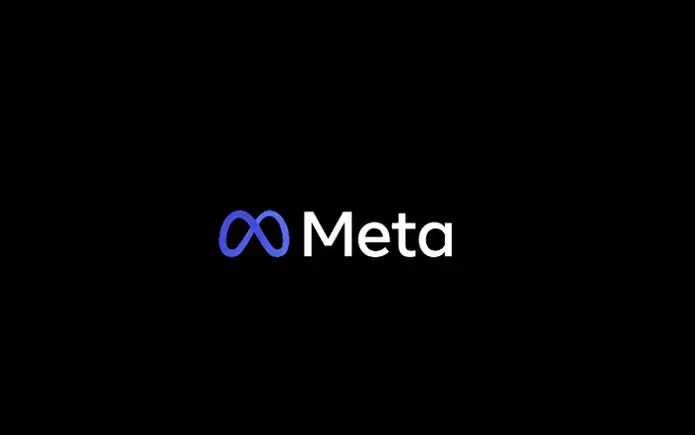Meta Platforms, Inc. is navigating the complexities of political alignments in the wake of Donald Trump’s return to Washington. With the former president back in power, it is increasingly evident that Meta is adapting its strategies to align with the new political landscape. This political maneuvering is underscored by the recent announcement of three new board members, including John Elkann, Charlie Songhurst, and notably, UFC President Dana White.
Dana White’s presence on Meta’s board is especially noteworthy. As a vocal supporter of Trump, White has actively campaigned for him in the past, introducing him at rallies and speaking at the Republican National Convention. His appointment appears purposeful, particularly in light of Trump’s previous threats to target Meta’s CEO, Mark Zuckerberg. Claimed political bias on Meta’s part stemmed from the company’s suspension of Trump’s accounts following the insurrection on Capitol Hill in January 2021. Thus, bringing on a Trump ally may serve to mitigate tensions and foster a more favorable relationship between Meta’s leadership and the White House.
This shift in board composition aligns well with broader organizational changes within Meta, including the replacement of former public affairs leader Nick Clegg with Joel Kaplan, a staunch Republican. Kaplan has advocated for a less restrictive approach to political discourse on Meta’s platforms, arguing that applying heavy moderation stifles free speech and user engagement.
Meta’s leadership seems poised to revisit its policies surrounding political content. Over the past year, the company has put significant effort into limiting the impact of political discussions across its platforms. This included making political engagement optional, allowing users to engage with content at their discretion. For a platform as influential as Meta, which boasts over 3 billion users worldwide, even the slightest adjustment could create ripple effects across the sociopolitical landscape.
The decision to restrict political content was originally made to alleviate tensions and reduce user backlash resulting from increasingly polarized discussions. However, as recent developments unfold, the apparent shift back toward a more open approach raises questions. Will the adjustment be a straightforward embrace of political discourse, or will it lead to polarization and division? Given the political fallout that often accompanies high-profile controversies, this recalibration may not be as uncomplicated as it seems.
With these adjustments on the table, the implications for user engagement on platforms like Facebook and Instagram cannot be understated. Initially, Meta had determined that the benefits of expansive political discussions were outweighed by the negative consequences it fostered. Users, when subjected to a barrage of divisive content, may opt to disengage entirely.
However, if Meta shifts back to a more politically permissive environment, we could see an increase in engagement, driven by discussions that rekindle interest among users. A potential re-engagement with political topics could also attract a variety of voices, creating a renewed sense of community—or further divisiveness, depending on how carefully Meta navigates the discourse.
What remains to be seen is how this new structure will influence Meta’s decision-making process when it comes to moderating political speech. Will they embrace a laissez-faire attitude towards political content, or will they adopt a more measured approach, mindful of the potential repercussions?
As Trump’s post-presidency relationship with social media evolves—having established his own platform, Truth Social—it is also uncertain whether he will use Meta to the same degree as before. The presence of influential supporters, like Dana White, may engage Trump in ways that drive a more interconnected relationship; however, it remains possible that he might pivot to Truth Social for his outreach.
Ultimately, while the new leadership appointments could be interpreted as strategic, they also raise vital concerns. Meta’s approach to handling controversial political speech could either bolster public trust or fuel perceptions of bias, thus reflecting larger societal divides. As they attempt to strike a balance, Meta’s trajectory in the political sphere will undoubtedly be monitored closely, both by users and policymakers alike.
As Meta adjusts to the changing political climate, the implications of its internal restructuring will resonate beyond the boardroom, shaping its role as a central player in the ongoing discourse on freedom of expression and the responsibilities of social media platforms in the modern age. The interplay between corporate governance and political affiliations will be a crucial theme to watch as we move forward.


Leave a Reply